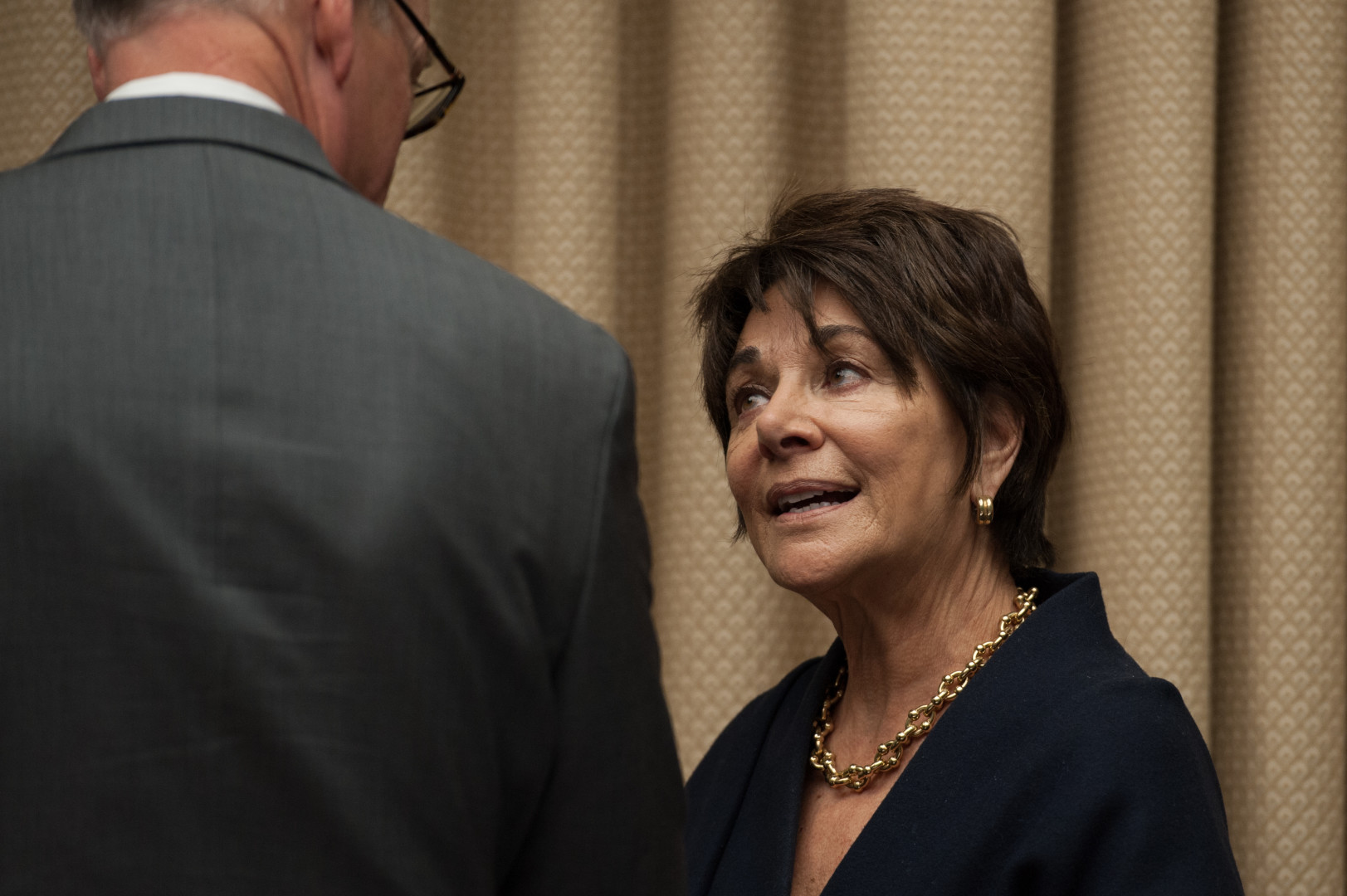Since the Federal Communications Commission passed its net neutrality rules in the 2015, the politics of internet regulation have grown increasingly heated and divisive between Democrats and Republicans.
The House will revisit this dynamic on Friday when members are slated to vote on a one-sentence bill that would prohibit the FCC from regulating the rates broadband providers charge their customers.
It’s likely to pass the House despite opposition from Democrats. On Tuesday, the White House issued a veto threat.
The measure has catalyzed a heated debate about the FCC’s duties and authority. Through hearings and its markup, those questions remain in dispute going into Friday’s vote. The debate will provide another opportunity for Republicans to question the FCC’s authority by highlighting the scope of its net neutrality rules, which are the strongest open internet rules to date.
Republicans say it’s a common-sense bill designed to ensure that the commission can’t regulate internet prices. Nobody thinks it has that authority now, but the bill sponsors say a clarification is necessary in the wake of the new rules. When those rules reclassified internet service providers as common carriers, they opened the possibility that the agency could engage in price controlling. This has scared many industry participants.
Like Republicans, Democrats are against the idea of the FCC governing market prices. But they see the bill as an attack on net neutrality and potentially harmful to the agency’s ability to protect consumers and control the services that connect low-income and rural Americans to the web.
“I share Chairman Walden’s opposition to the FCC setting the monthly recurring rate that consumers pay for broadband internet access service,” Rep. Anna Eshoo said in a House Rules Committee meeting on Tuesday that set up the parameters for the Friday vote.
Eshoo said all of the Democrats on the Communications and Technology Subcommittee agree with her position. Eshoo, a California Democrat representing parts of Silicon Valley, is the ranking member of that subcommittee.
Eshoo says the bill is “far too broad” and it “gets in the way of consumer protections.”
Rules Committee Chairman Pete Sessions (R-Texas) didn’t buy that argument. “You said it was overly broad … and was not specific, and I looked at the two-page bill, and it seems exactly specific,” he said.
Democrats have used the argument that the bill is too broad since its introduction, but they haven’t managed to shoot it down or sufficiently narrow the language. They tried and failed through multiple amendments during a contentious and protracted debate in committee.
Eshoo actually tried to get the committee vote for the bill delayed to allow for more time to strike a compromise, but the Republican majority saw the bill through with a 29-19 vote. They voted against each amendment the Democrats offered.
House Majority Leader Kevin McCarthy (R-Calif.) threw his weight behind the bill last Friday. He said the measure “protects Americans from the federal government finagling with price structures and leaving many without a connection to the 21st century.”
It’s likely the bill will pass the House, but after that, it will probably stall.
Observers expect the Senate to be a much tougher battle, and even if it passes there, President Obama would veto it. They also say one of the leaders on tech issues in the Senate, Commerce Committee Chairman John Thune (R-S.D.), is more interested in fostering compromise than pushing controversial measures.
The standoff over the rate bill is disappointing to some who believe it would be a huge imposition on the government. They want to ensure that internet rate regulation never becomes a reality.
“Passage of this bill should be a nonpartisan no-brainer,” said Doug Brake, policy counsel at the Information Technology and Innovation Foundation, in an email. “Uncertainty around a slow slide into broadband rate regulation is one of the biggest drags on investment.”
But Brake said open internet advocates “were successfully able to spin this bill into being about net neutrality, turning it into a political hot potato.”
Those advocates, generally liberal and fiercely protective of tech openness, are fighting against any bill that would limit the FCC’s power on rates. Forty-nine consumer advocate and tech organizations wrote a letter to House Speaker Paul Ryan (R-Wis) and Minority Leader Nancy Pelosi (D-Calif.) this week asking members to vote against the bill because it would be “disastrous for all of the people and businesses in America that use the Internet.”
The bill would “prevent the FCC from doing its job to protect the American people,” the organizations argued. Signatures came from the Open Technology Institute, the Consumer Federation of America and Public Knowledge. Several groups advocating for minority consumers and people living in rural areas also signed on to the letter.

